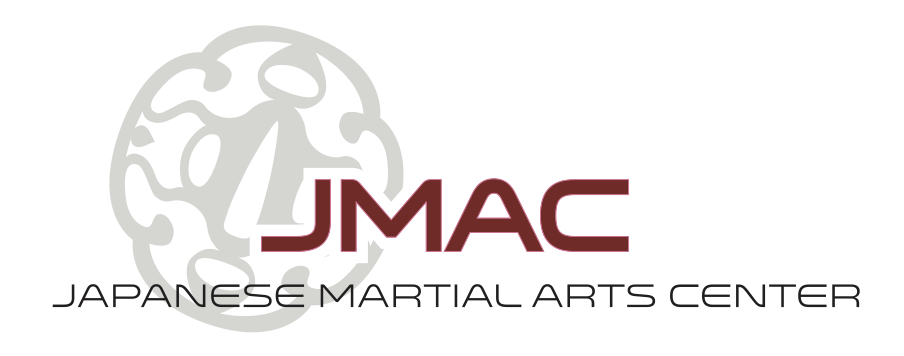Respect: regardless of whether you happen to like the martial arts taught at another school, there are good people who have chosen to dedicate themselves to those arts. They may have different reasons for training, different physical needs, or find the school more convenient than the one you have have chosen. It is important to treat them with respect, since they may be very decent people who have simply made different choices than you have.
Open-Mindedness: there is always something more to learn in martial arts. The idea that martial arts mastery takes an entire lifetime is more than a cliche, it is a verifiable fact. As a result, there are many facets of martial arts, such as fine points of physical movement, character development, or quality teaching skills, that one can learn simply by paying attention to others who are devoted to martial arts excellence.
Helpfulness: it pays to be helpful. The martial arts community is a fairly small one, and nowhere is it more true that "what goes around comes around." Even if you are not a great competitor or master teacher, people will remember and respect you if you are helpful to them. One obvious situation in which this happens is when you tell a fellow student about a martial arts school that he or she might find enjoyable. It may not always be your own school, because that person might not be looking for the things offered by your school, but if you send a person to a dojo that they love, they will always be thankful for it.
JMAC would like to thank the many Ann Arbor businesses that support this blog,
both martial arts-related and others, including: Network Services Group,
Art of Japanese Swordsmanship, Shudokan Martial Arts Association,
Budo Mind and Body, Art of Judo, Iaido Dot Com, Lorandos and Associates,
Oxford Companies, Bluestone Realty Advisors, Portfolio Ann Arbor,
Invest Ann Arbor, and the Law Office of Nicklaus Suino.

2 comments:
This philosophy is not just empty words at the JMAC, and we have found Sensei Suino and Sensei Morris actions to be consistent with their philosophy. Our young son made a switch from Tae Kwon Do (a Korean martial arts) to Judo. During our visits to different Japanese-styled dojos, we heard disparaging remarks about Tae Kwon Do. Go figure! We all train in Ann Arbor. I found it very insulting to hear our young son’s hard work and dedication depreciated by “masters” who never saw him train. One even called him a “head hunter,” but he never observed my son’s forms or sparring technique. I welcome constructive criticism if it is timely, supportive, and specific, but none of these remarks were.
There seems to be a perverted dynamic where some American martial artists believe that they can become more “Japanese” by adopting negative attitudes towards martial artists outside of their “one, true system.” In reality, Japanese martial artists (who live and train in Japan) work extremely hard to perfect their art and are appreciative of others with the same high level of dedication and mastery – at least the ones I have known or have read about. What they do not like are superficial displays without the inner foundation, regardless of the style. Yes, some may believe that only a Japanese can fully appreciate the li behind ri and ki, and I admit that the cultural gap between modern US society and traditional Japan culture is nearly impossible to bridge for Americans. But where does that leave our American friends who wish to become more Japanese by disparaging non-Japanese styles? The irony is too rich!
JMAC open attitude was very refreshing. Philosophy and ethics forms the basis of the instruction at JMAC. It is not “preached” or “lectured” to the students, but the interactions between the teachers and students are guided by traditional values and principles. For this, we are grateful.
Post a Comment